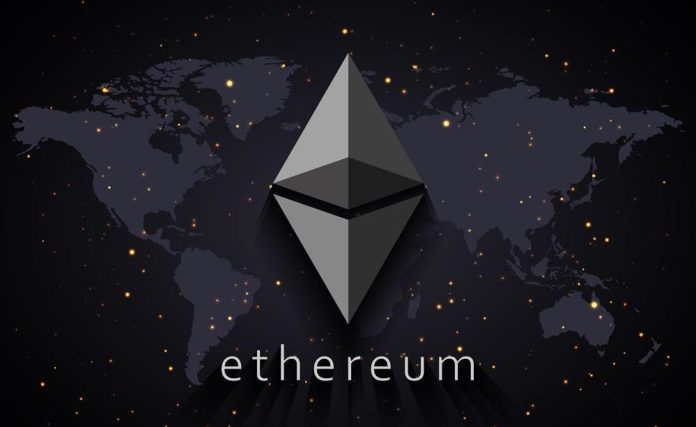Vitalik Buterin, Ethereum’s co-founder, has put forward several solutions to address the pressing issue of Miner Extractable Value (MEV) on the Ethereum network. MEV refers to the profits miners can extract by reordering, including, or excluding transactions within the blocks they mine. This issue has led to concerns about fairness, efficiency, and security within the network.
Buterin’s proposals aim to mitigate the negative impacts of MEV, which has become a growing problem as the Ethereum network scales and evolves. His suggestions include MEV quarantining, inclusion lists, and other mechanisms designed to create a more equitable and efficient transaction processing environment.
MEV quarantining involves isolating certain transactions to prevent miners from reordering them for profit. This method ensures that transactions are processed in the order they are received, reducing the potential for manipulation. By implementing this quarantine system, the network can maintain a fairer transaction order and diminish the opportunity for miners to exploit their position.
Another significant proposal is the use of inclusion lists. These lists are designed to specify which transactions should be included in a block, thus reducing the discretion miners have over transaction selection. Inclusion lists can be generated by the network or through community consensus, providing a transparent method to ensure that all valid transactions are treated equitably.
Buterin’s approach also considers the technical and economic aspects of the problem. He suggests that enhancing the transparency and predictability of transaction ordering can lead to a more robust network. By reducing the potential for MEV extraction, Ethereum can become more secure and appealing to users and developers alike.
The issue of MEV is not new to Ethereum. It has been a topic of discussion and research within the community for several years. As decentralized finance (DeFi) and other applications on Ethereum grow, the stakes associated with MEV have increased. MEV can lead to negative outcomes such as front-running, where miners can profit by prioritizing their transactions ahead of others, often at the expense of regular users.
Buterin’s proposals are part of a broader effort to address these challenges and ensure that Ethereum remains a leader in the blockchain space. By focusing on fairness and efficiency, these solutions aim to create a more user-friendly and secure platform.
The Ethereum community has responded positively to Buterin’s proposals, recognizing the need for innovative solutions to complex problems. Developers, researchers, and stakeholders are actively discussing these ideas, exploring their feasibility, and considering implementation strategies.
While Buterin’s suggestions are promising, they also come with challenges. Implementing MEV quarantining and inclusion lists will require significant changes to the Ethereum protocol. These changes need to be thoroughly tested to ensure they do not introduce new vulnerabilities or inefficiencies.
Moreover, the success of these solutions will depend on community support and consensus. As with any major protocol upgrade, collaboration and coordination among developers, miners, and users are crucial. The Ethereum community has a history of successfully navigating such changes, as evidenced by previous upgrades like the transition to Ethereum 2.0.
Buterin’s proposals also highlight the ongoing innovation within the Ethereum ecosystem. The network continues to evolve, driven by the need to address emerging issues and improve overall performance. This commitment to continuous improvement is one of Ethereum’s strengths, positioning it as a leading platform for decentralized applications and smart contracts.
The impact of Buterin’s solutions on the broader blockchain and cryptocurrency landscape could be significant. By addressing MEV, Ethereum sets a precedent for other networks facing similar challenges. As the blockchain space grows, issues like transaction fairness and miner incentives will become increasingly important. Ethereum’s approach can serve as a model for other projects seeking to enhance their own protocols.
Vitalik Buterin’s proposals to mitigate MEV on the Ethereum network represent a thoughtful and innovative approach to a complex problem. By implementing mechanisms like MEV quarantining and inclusion lists, Ethereum aims to create a fairer, more efficient transaction processing system. These efforts reflect the network’s commitment to continuous improvement and its role as a leader in the blockchain space. As the community explores and potentially adopts these solutions, Ethereum’s resilience and adaptability will likely continue to set it apart in the rapidly evolving world of digital currencies and decentralized applications.


